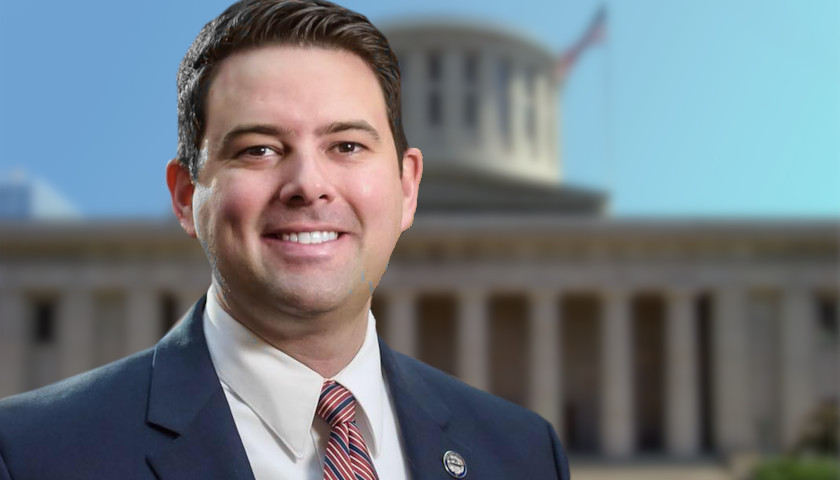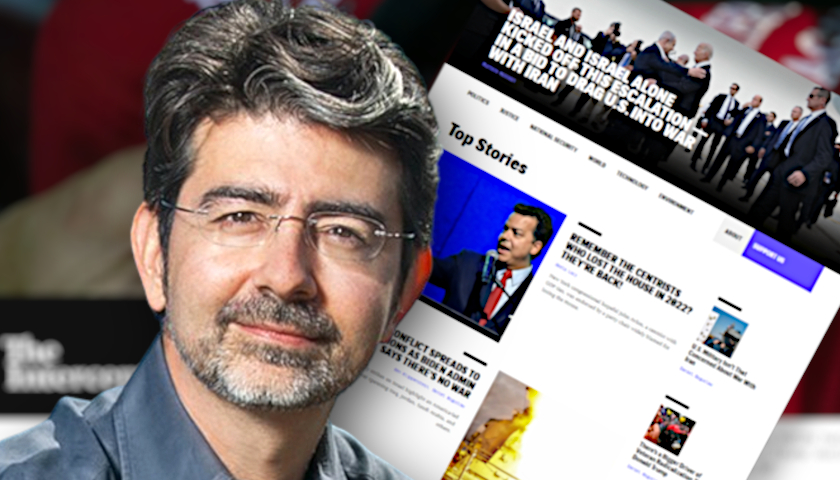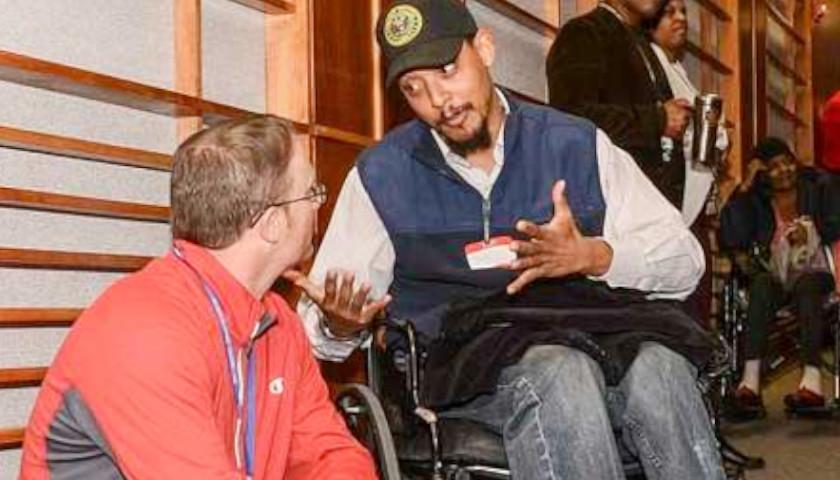Ohio may soon see major reforms to its occupational licensing laws that some believe “make it harder and more expensive to find work” in the state.
Senate Bill 255, sponsored by State Sen. Rob McColley (R-Napoleon), cleared the Ohio Senate in July and has now been referred to committee in the House. The bill seeks, through the expiration of occupational licensing boards, to emancipate “a person to lawfully engage in the profession, occupation, or occupational activity, which has been previously licensed by that board, without an occupational license.”
The bill passed the Senate with a vote of 24-8, and is now being considered by the Ohio House Federalism and Interstate Relations Committee, which heard testimony from the Buckeye Institute’s Greg Lawson Tuesday.
Lawson, a research fellow, related the story of massage therapist Jennifer McClellan, who moved from Minnesota back to Ohio to be close to her family, but was denied “her license application because she was 10 days shy of the state’s training requirements.”
“The board unduly discounted Jennifer’s years of training and work experience, and would not honor the license she had already earned in Minnesota. Jennifer is not alone,” Lawson told the committee, according to a Tuesday press release.
He went on to note that cases like McClellan’s “plague Ohio’s minority communities,” which are “already facing daunting employment prospects.”
“State permission slip policies that make it harder and more expensive to find work only exacerbate the problem, adding insult to injury in our job-deprived minority communities,” Lawson said during his testimony, though acknowledged that licensing requirements “are needed in some cases and industries to ensure public safety.”
According to Lawson’s testimony, a recent Heritage Foundation study found that licensing requirements cost the average American household up to $1,033 per year.
“Even more troubling, however, are the adverse effects that licensing has on interstate mobility and the labor market itself,” Lawson continued, citing a study from University of Minnesota Professor Morris Kleiner.
Kleiner found that the migration rate of workers in industries with “state-specific” requirements was 36 percent lower than occupations unburdened by licensure requirements. Kleiner himself testified before the U.S. Congress in 2016, where he said that “occupational licensing is likely to reduce employment growth, contributes to unemployment, and increases costs to consumers.”
In his testimony, Kleiner advocated for certification programs instead of occupation licensing, noting that the former is a “voluntary program” that grants workers added recognition, while the latter makes it “illegal for an individual who does not posses an occupational license to perform the occupation for compensation.”
“Every licensing requirement raises a new red-taped obstacle for workers to clear before earning a living or starting a new career,” Lawson concluded his testimony Tuesday. “Senate Bill 255 begins the overdue effort of reforming the state’s occupational licensing regime and ending a misguided permission slip policy that has stood in the way of growth and prosperity for far too long.”
– – –
Anthony Gockowski is managing editor of The Minnesota Sun. Follow Anthony on Twitter. Email tips to [email protected]
Photo “Rob McColley” by Rob McColley.





